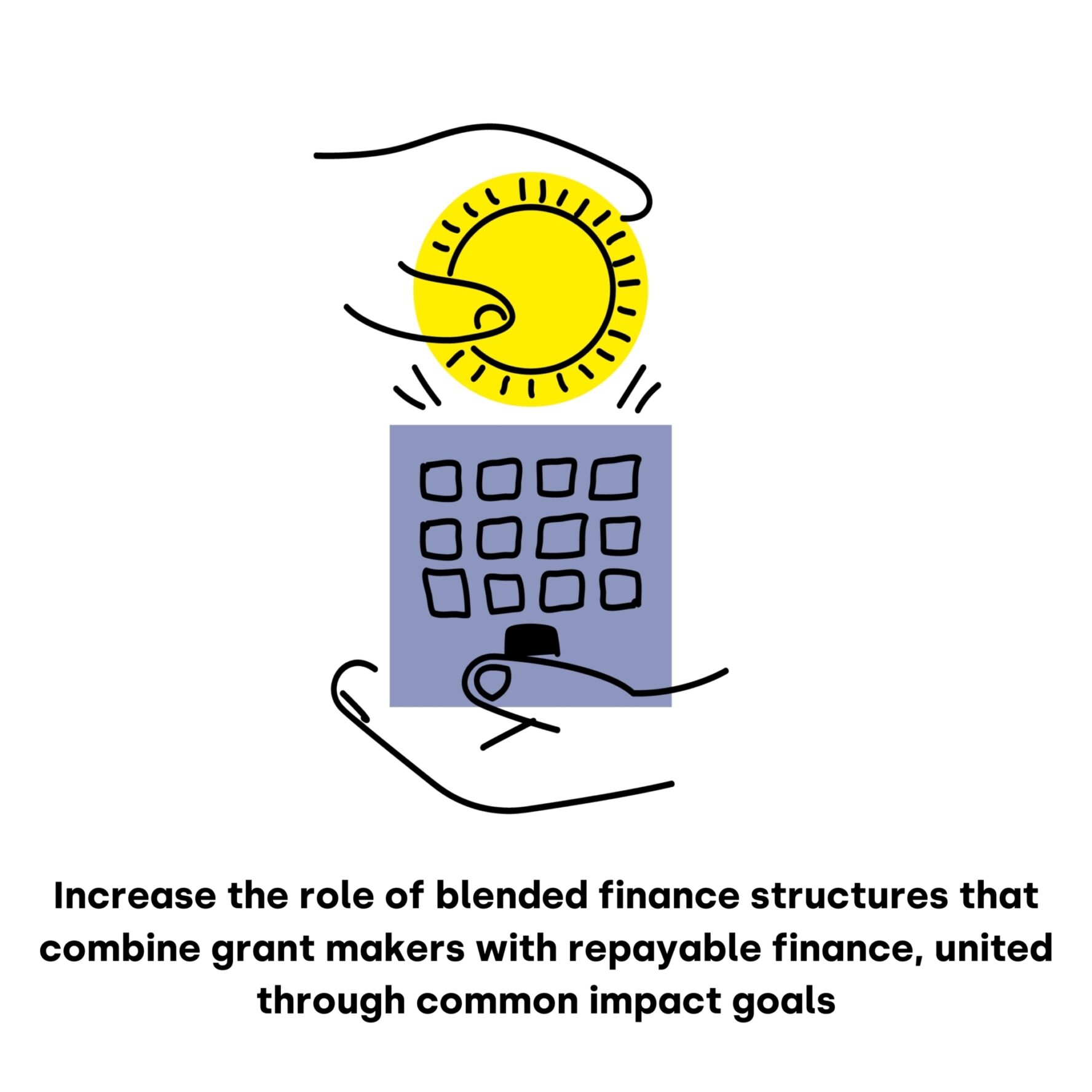
Social investment: A route to better outcomes


Over the past month, our teams at Social Finance have been writing about how we can ensure better outcomes across employment and skills, children and young people and health and care. We don’t just have good ideas but a track record in supporting innovation to scale and we show how social investment can and is accelerating better outcomes, with better systems and people at the heart.
Our track record
The UK became a global leader in social investment, in which investors seek both measured and purposeful social impact and financial return, in the early 2000s under the last Labour government. That culminated in launching the world’s first Social Impact Bond (SIB) in 2010, which we were proud to lead.
Since then, evidence has been growing that this model, now called social outcomes contracts, really works.
Over 180 UK commissioners have used social outcomes contracts to develop services that support more than 55,000 people.
Independent analysis shows that every £1 spent by the public sector created around £9 of public value.
Why it works
This approach puts outcomes at the heart of public sector commissioning.
Instead of rigid specifications that focus on inputs and activity, social outcomes contracts empower frontline experts — people like Matt Morris the employment specialist quoted below — to tailor delivery to individual and local circumstances.
Combined with a focus on real-time data, learning and continuous improvement, the results are better outcomes for people and communities, often with a benefit to the state in reduced downstream costs.

The Social Finance team were really very supportive and certainly helped me in terms of analysing data; what to do with the data we had and how to use it. That’s what really benefited me as a team leader, in supporting the team to achieve good, healthy outcomes for everybody.
Matt Morris, Senior IPS Specialist, Enable
Case study — the Mental Health and Employment Partnership (MHEP)
Matt’s service — Enable in Shropshire — was part of the Mental Health and Employment Partnership (MHEP) programme, which delivered evidence-based employment support to people with severe mental illness, drug and alcohol addictions, and learning disabilities.
Working across 14 areas, MHEP supported over 2,000 people into paid work, transforming lives while also reducing welfare and healthcare costs for the state.
Find out more about MHEP in the video below.
We’ve come a long way from the first Social Impact Bond. The last decade has shown where this approach can work and how it can help the new government take on its biggest challenges.
In health and social care, Secretary of State Wes Streeting has committed to “shift[ing] the focus of the NHS out of hospitals and into the community”. That’s not only better for patients, but it’s more cost effective for the system too, as Katy Saunders, our Director of Health and Social Care outlined in her blog last week.
Leading voices, such as the former Prime Minister Gordon Brown, have called for social impact investing for children and young people, and we are calling for a flexible fund to support systems change and a seismic shift in how children and young people can be seen, safe and heard.
We now have a functioning Single Point of Access that without Social Finance would, in my opinion, not have been achieved either from a financial or timing perspective.
Liz Bunker, Lead Nurse, End of Life Care, Hillingdon Hospital
Case Study — End-of-life-care programmes across the UK
We know that social investment has a proven track record of delivering this kind of change. Katy cited the success we had in the London Borough of Hillingdon, where investment from Macmillan and Better Society Capital enabled a rapid response service that delivered improved community-based end of life care for 2,275 people. 90 per cent of those were able to die in their home, the preferred place of death for most people.
The Macmillan End of Life Care Fund launched in 2021, is now investing in these kinds of services across the UK to deliver exactly the change that Wes Streeting has called for.
Other grant makers are looking to follow suit, shifting some of their traditional grant funding into social investment to drive service transformation that can be sustained for the long run.
Collaborating with local partners to mobilise finance
Outside of health, we’re seeing pioneering local and combined authorities look to social investment to deliver community-led local and inclusive growth plans. As more power is devolved to local authorities, we see both optimism and worry for how local outcomes can be developed in partnership but there are plenty of ways this is happening we can learn from.
The Kindred model, for example, backed by the Liverpool City Region and Power to Change, and which we supported to materialise, showed how ‘blended finance’, where grant and investment come together, can grow the social economy of a region while tackling inequity.
Other regions are looking at how this kind of finance can support their prevention agenda, backing community-led organisations that deliver better outcomes which also reduce future pressures on public services.

Whether it’s supporting people back to work, shifting healthcare to the community, or enabling young people to thrive, social investment can help deliver real change.
We’re ready to support government and partners at every level to use social investment, combined with our capabilities in data, delivery, design thinking and systems change to achieve the better outcomes that our country so badly needs.
Get in touch
Want to discuss more about social investments? Contact Adam at adam.swersky@socialfinance.org.uk
Contact us

